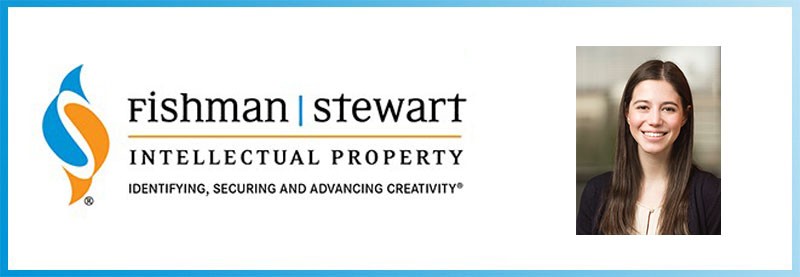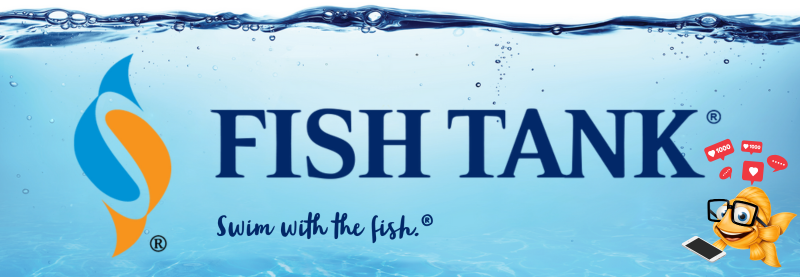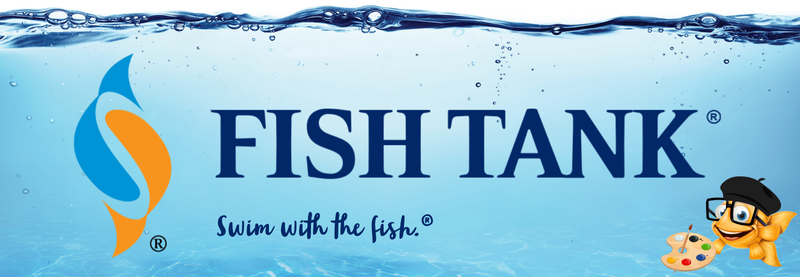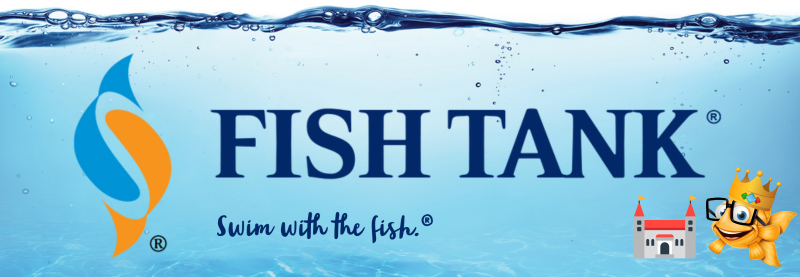Intellectual Property Insights from Fishman Stewart PLLC
Newsletter – Volume 23, Issue 15
Share on Social
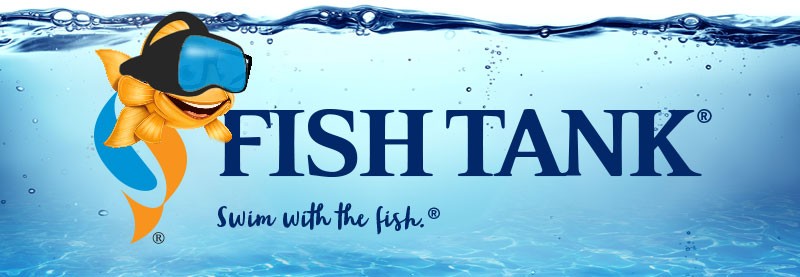
Ready Attorney One
I have a prediction: in the next year, expect a Netflix series lampooning Apple’s Vision Pro and ChatGPT-fumbling legal research together.
The announcement of Apple’s new spatial computing headset (available early 2024) and recent news of an attorney affidavit admitting reliance on a fake court case produced by ChatGPT (links above) together conjure a strange mix of reactions.
On the one hand, it feels like sci-fi coming to reality—Tony Stark and his spatial display computers combined with Stark’s generative AI assistant, F.R.I.D.A.Y.: Female Replacement Intelligent Digital Assistant Youth (successor to J.A.R.V.I.S.).
On the other hand, it evokes expectations of less elegant outcomes, a mixture of large language model overreliance and spatial computing gone awry. The kind of goofball future state Mel Brooks could spoof with an 80-minute film titled Ready Attorney One: Fake Cases, Real Games starring Rick Moranis as Phony Spark, Esquire, easily befuddled and overfond of his VR headset and AI-provided false knowledge as he blunders his way through a virtual reality future, one legal gaffe after another, and complete with a virtual briefcase secured by the combination 1-2-3-4-5.
But give the Vision Pro a bit of time after its release and another year of GPT tech advances, and that silly-sounding film might be based on real events. Like the kind we’ve seen already with ChatGPT’s ignominious misuse when it was relied upon to provide case law citations. It did provide a case as directed, but it made it up, as it does so well by design. ChatGPT was made to predict the next word in a sequence, not to conduct authoritative research, so the lawyer-user in that scenario asked and ChatGPT answered.
Perhaps these technologies have us headed for a dystopian future, like the one depicted in Ready Player One where escape into a digital universe is the standard lifestyle. Or maybe the new tech is sending us toward a foible-filled future like the fictitious Rick Moranis-starring film hypothetically suggested above.
A more optimistic outlook, in the legal context—for clients and their attorneys alike—might be this: lawyers and clients donning the Apple spatial computer headsets, collaboratively gesturing this augmented reality headwear to draft contracts on live video calls using GPT-based software trained on libraries of prior agreements (not ChatGPT). Clients and attorneys see these real-time drafts composed and revised live on the spot, and in a visually impressive and expansive view, surely accompanied by aesthetically pleasing, optically relaxing, and intuitive user displays of the AI-generated, client-desired, and lawyer-vetted content.
The guardrails to prevent this future state from going awry? First, closed network access to prevent disclosure of client confidences. Second, all AI suggestions are attorney-ratified to prevent bad suggestions from getting through. And third, as the attorney works in the platform, future AI suggestions are updated based on the attorney’s past work, re-training the AI continually.
Clients will appreciate the cost efficiency, lawyers the impressive user simplicity, and both will benefit from shifting even more of the lawyers’ time to guidance and counsel, and away from time as a typist and drafter.
Less costly and more advice? Now, that future seems a little less Phony Spark and a little more Tony Stark.
While this vision of a real-life Ready Attorney One world—not the Brooks-ish spoof kind but the live drafting-with-clients kind—may seem fanciful now, developments in the tech world are already pushing toward that future. In the legal field, we are seeing many new GPT-leveraging software applications including in the Intellectual Property space for patent claim drafting.
The volume of creativity, intellectual property, and intellectual capital that will be built on these breakthroughs will be a joy to watch unfold.
Ready Attorney One? This one is ready.
Alexander JSW Johnson is an attorney at Fishman Stewart with more than 10 years of extensive experience in trademark and intellectual property matters. He works in the firm’s Trademark Practice Group. He holds a B.A. in Art (studio emphasis) and Journalism. Check out his full bio here.
This week’s accolade highlights Lily Barash, who recently completed her first year at Benjamin N. Cardozo School of Law in New York City. We welcome Lily as a full-time law clerk with Fishman Stewart this summer and her continued clerkship as she heads into her second year. Moreover, Lily was just appointed as an Editor of the Cardozo International and Comparative Law Review. Congratulations Lily!
Related Content from Fishman Stewart
In our previous FishTank article “The Great Beige-Off: Influencer Sues for ‘Vibe’ Infringement,” we reported on Sydney Nicole Gifford’s lawsuit against fellow influencer Alyssa Sheil over allegations of copyright infringement involving neutral-toned social media content.
People have long pondered whether or not the Giza pyramids were indeed solely burial chambers, which was the only known, and archaeologically determined, use—until now.
As the story goes, Klein was so taken with the indescribable blue of the sky over the Mediterranean in Nice, France, that he dedicated his artistic talent developing a blue that would imbue the canvas with this color in its purest form.
Despite her pseudo-legal background in Suits, Meghan has been running into one issue after another in her efforts to register the trademark and logo for her new lifestyle company, for now, called “AS EVER”.
By 1930, efforts began in New York to replace Mother's Day with Parent's Day because men were more than just breadwinners. Those efforts didn't catch on, probably because in that era, women often spent more time in the home.
In February, Nike and Skims announced that they will be working together on a new brand, NikeSkims. The co-brand will create a new line of training apparel, footwear, and accessories specifically designed to meet the unique needs of women athletes.
Generally, federal courts have exclusive jurisdiction over copyright cases, and often, this presents an insurmountable paywall for individual artists and small businesses to vindicate their rights, especially where the value of the individual copyrighted works are relatively low.
Dedicated to raising public awareness about the importance of encouraging innovation and creativity throughout the world, the World Intellectual Property Organization (WIPO) annually observes World Intellectual Property Day on April 26 to showcase the role that patents, trademarks, industrial designs, copyrights and trade secrets play in our everyday lives.
Hold onto your foam fingers, sports fans – college sports just got a whole lot more interesting! The latest updates to Name, Image, and Likeness (NIL) rules are making student-athletes bigger than ever, and it’s not just about the game anymore.
Did a federal court in Louisiana recently decide that US copyrights are global rights? It seems so.
IDENTIFYING, SECURING AND ADVANCING CREATIVITY®




